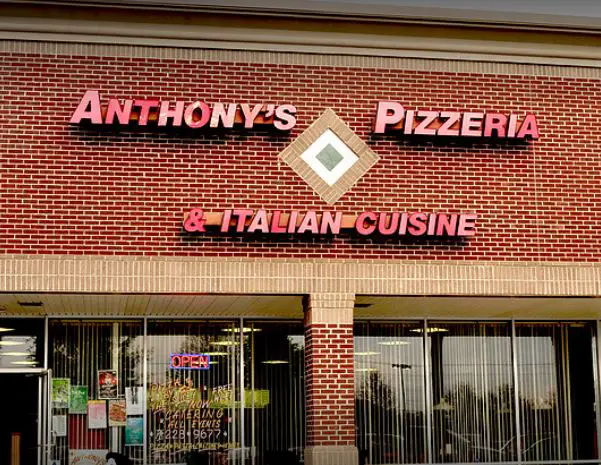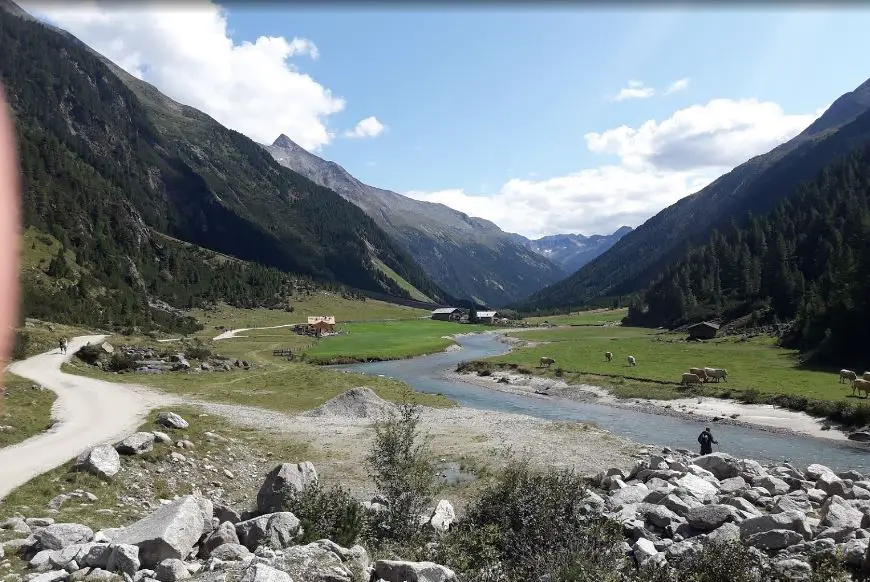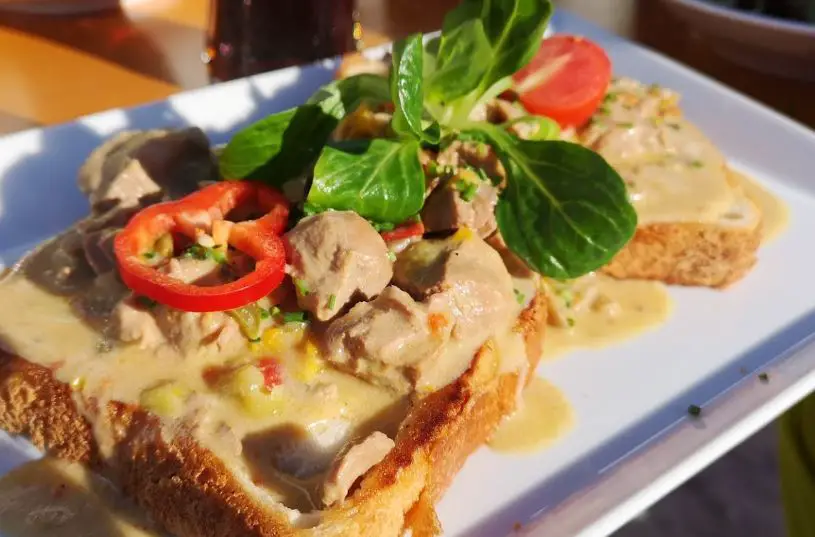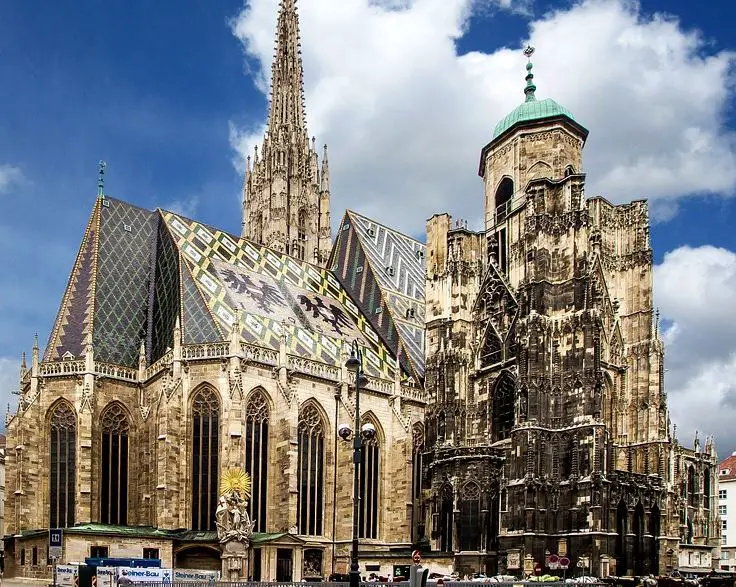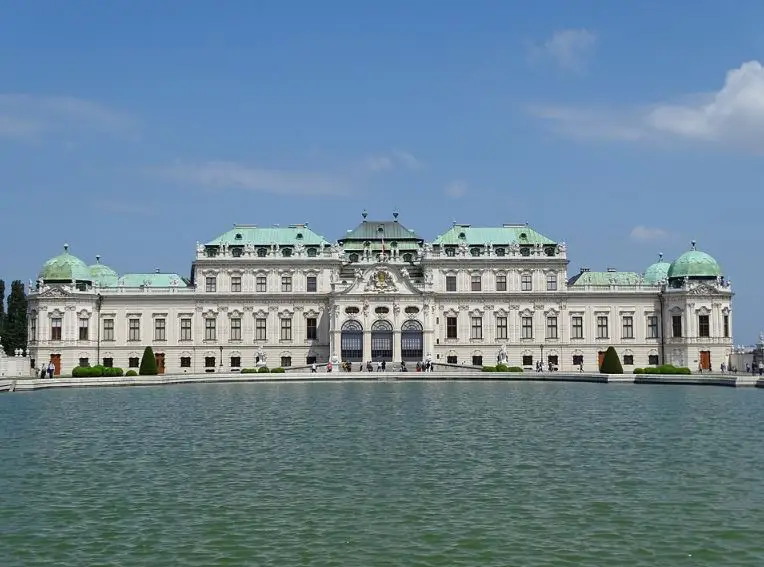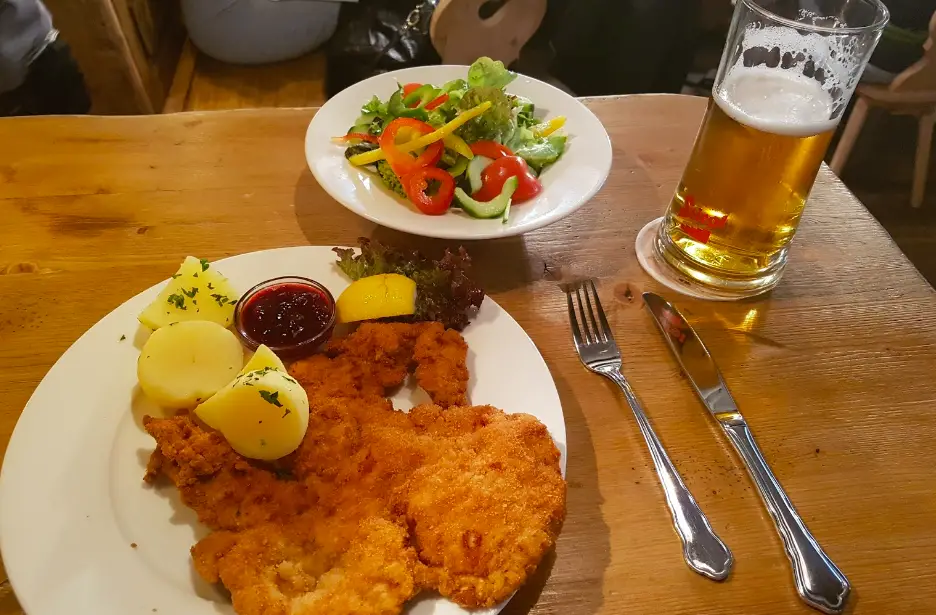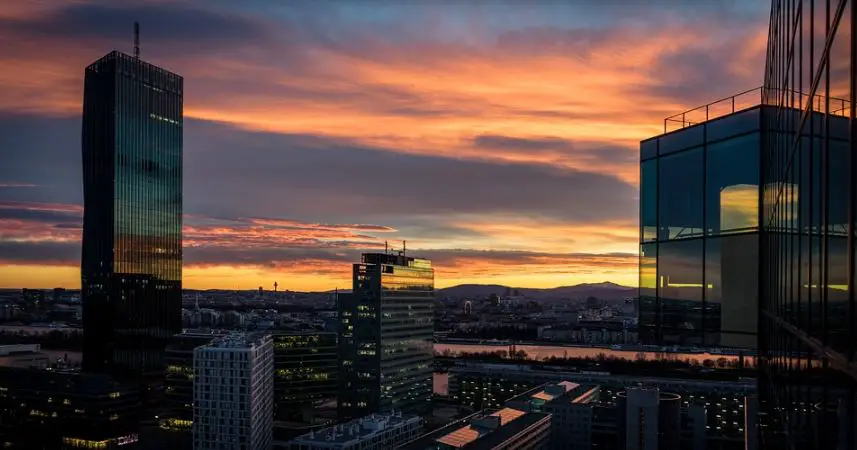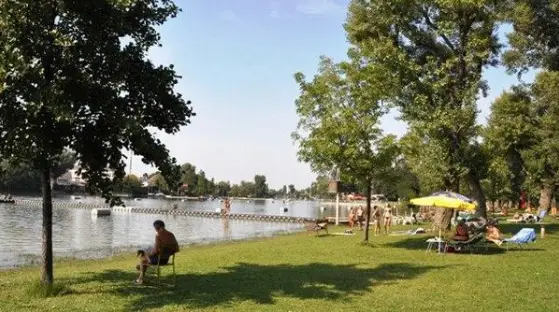What are some German holidays and festivals I should know about?
Post ByAdequate Travel
Summary
Are you looking to experience some of Germany's unique cultural celebrations? This blog explores the unique and special holiday and festival traditions throughout Germany, from Oktoberfest to the Christmas Markets. Learn more about German culture and the best times to visit!
1. Oktoberfest:- This is the largest beer festival in the world, held annually in Munich.- It starts in late September and runs for about two weeks, ending on the first Sunday in October.- Millions of people from around the world gather to enjoy traditional Bavarian music, food, and of course, beer.- The festival also includes parades, amusement rides, and various events and games.2. Christmas Markets (Weihnachtsmärkte):- These markets are held in various cities and towns throughout Germany during the Advent season, leading up to Christmas.- They are known for their festive atmosphere, beautiful decorations, and numerous stalls selling traditional crafts, food, and drinks.- People gather to shop for unique gifts, enjoy hot mulled wine (Glühwein), and indulge in seasonal treats like gingerbread cookies and roasted chestnuts.- The most famous Christmas market is held in Nuremberg, but every city has its own distinct market.3. Karneval (Fasching):- This is a festive season celebrated in various regions of Germany, mainly in the western part.- It starts on November 11th at 11:11 am and culminates in a week-long celebration leading up to Ash Wednesday.- During Karneval, people dress up in elaborate costumes, attend parades, and enjoy street parties.- The city of Cologne is particularly famous for its Karneval celebrations, with colorful processions and exuberant festivities.4. Easter (Ostern):- Easter is an important holiday in Germany, celebrated with various traditions and customs.- One of the most notable traditions is the Easter egg hunt, where children search for hidden eggs or treats.- In some regions, large bonfires are lit to mark the end of winter and chase away evil spirits.- Germans also have Easter markets (Ostermärkte) where you can find decorative items and tasty treats like marzipan lambs and chocolate eggs.5. May Day (Maifeiertag):- May 1st is a public holiday in Germany, known as May Day or Labor Day.- It is a day when workers' rights and labor unions are celebrated.- People often participate in parades, demonstrations, and rallies to promote social and political causes.- In some areas, it is also customary to put up a Maibaum (Maypole), which is a decorated tree trunk symbolizing fertility and community.6. St. Martin's Day (Martinstag):- Celebrated on November 11th, St. Martin's Day is popular among children, especially in the Rhineland.- It is associated with St. Martin of Tours, who is known for his act of sharing half of his cloak with a beggar.- Children participate in processions with paper lanterns, singing traditional songs, and often receive small gifts or sweets.- St. Martin's Day is also known for the traditional goose dinner, where families gather to enjoy a festive meal.These are just a few examples of the many holidays and festivals celebrated in Germany. Each region may have its own unique traditions and events, making the country a vibrant and diverse cultural destination throughout the year.Stay informed about any travel restrictions or travel rules in place, as they may vary depending on your destination within the country.
Suggested Questions
- Schloss Wackerbarth, Radebeul: Horror Story, History & Paranomial Activities
- Frauenkirche, Dresden: Horror Story, History & Paranomial Activities
- Ruine Heisterbach, Königswinter: Horror Story, History & Paranomial Activities
- Schloss Neuschwanstein, Schwangau: Horror Story, History & Paranomial Activities
- Hotel Elephant, Weimar: Horror Story, History & Paranomial Activities
- Burg Eltz, Wierschem: Horror Story, History & Paranomial Activities

